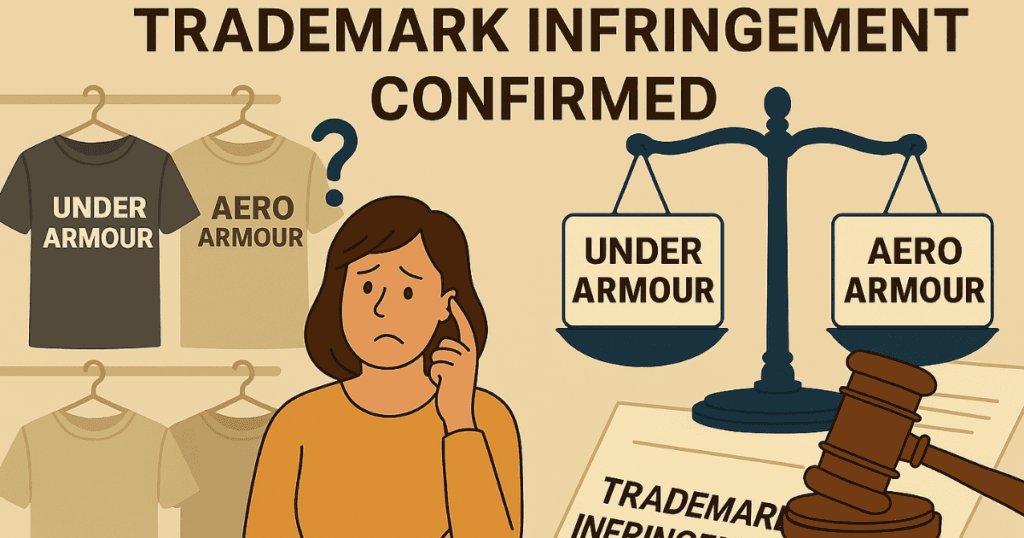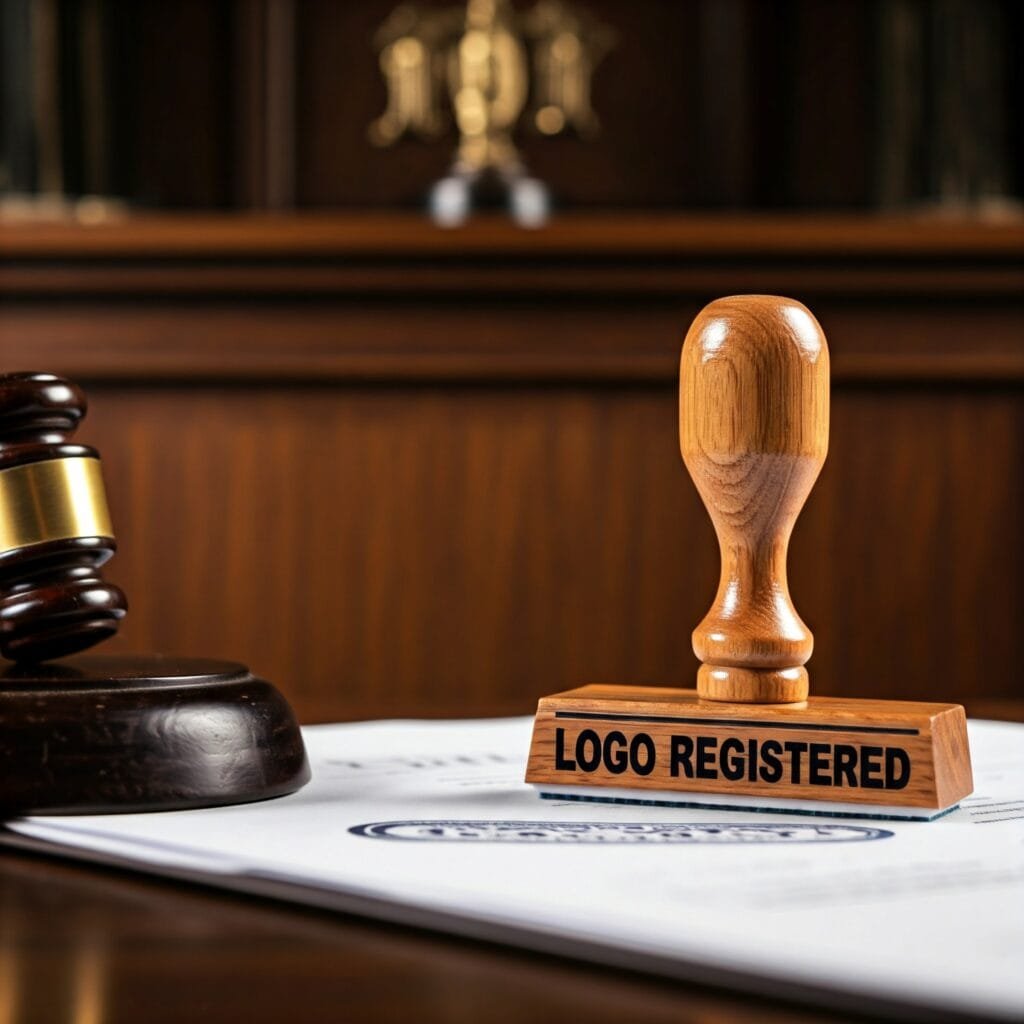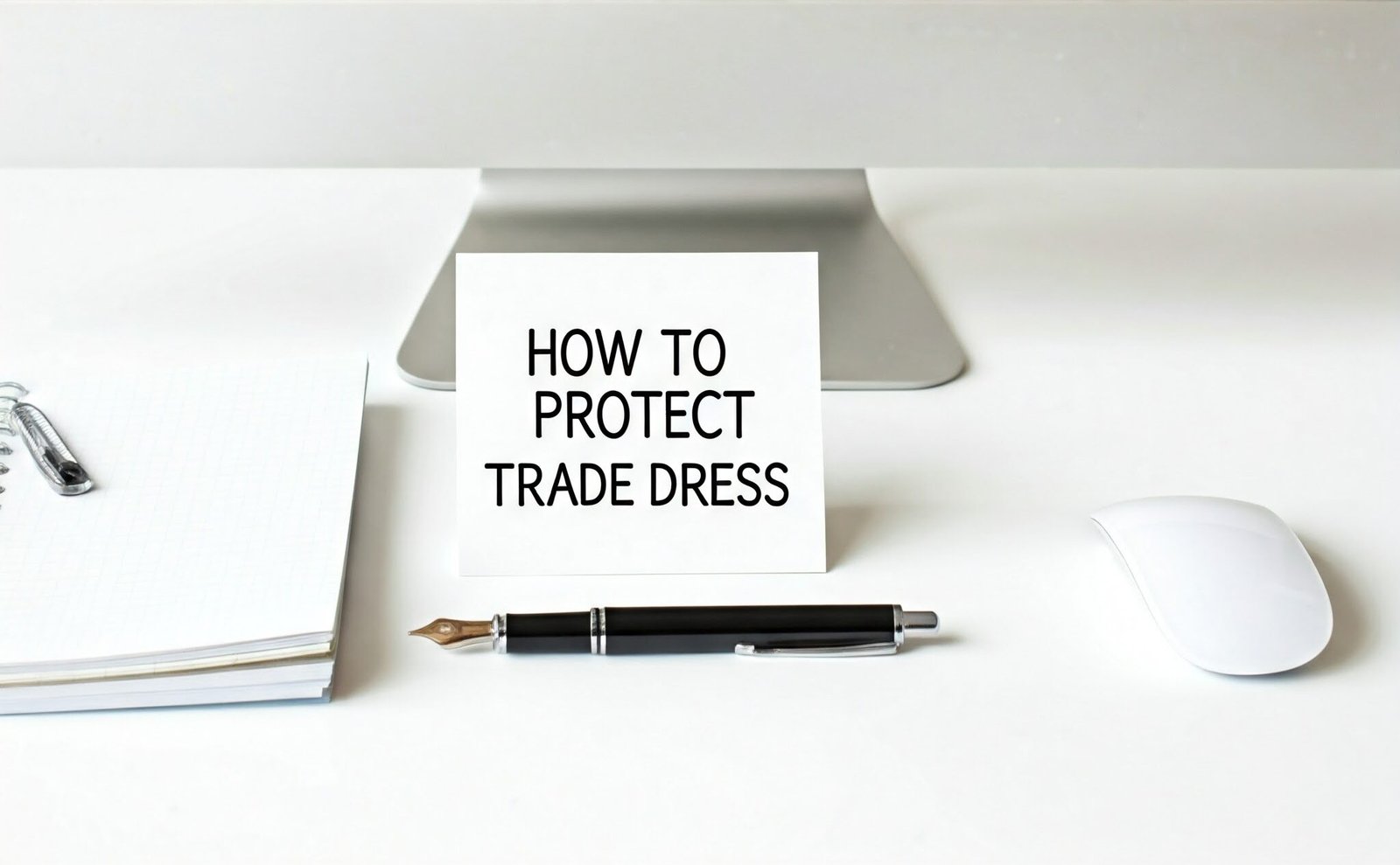In a landmark judgment, the Delhi High Court has ruled that even momentary confusion in the mind of a consumer is sufficient to establish trademark infringement under Indian law. This decision came in the case of Under Armour Inc. v. Anish Agarwal & Anr., where the American sportswear giant Under Armour challenged the use of the mark “AERO ARMOUR” by an Indian apparel company.

Background of the Case
Under Armour Inc., known globally for its “UNDER ARMOUR” brand, holds several trademark registrations in India, including for the marks ‘UNDER ARMOUR’, ‘UA’, and other ‘ARMOUR’ formative marks in Class 25, covering clothing, footwear, and headgear. The company entered the Indian market in 2017 and opened its first retail store in New Delhi in 2019.
The dispute arose when “UNDER ARMOUR” discovered that an Indian clothing company was marketing products under the brand name “AERO ARMOUR.” “UNDER ARMOUR” filed a suit alleging that “AERO ARMOUR” was deceptively similar to its registered trademarks, leading to potential consumer confusion.
Court's Observations
A Division Bench of Justice Vibhu Bakhru and Justice Sachin Datta observed that:
“If the customer looking at the impugned marks associates the same with the appellant’s marks even though for a brief period, the appellant’s trademarks would be infringed on the plain reading of Section 29(1)/ Section 29(2) and even Section 29(4) of the TM Act. The duration of the confusion in the minds of the customer is not material. The fact that the customer is confused, even if it be momentarily, would be sufficient to establish infringement of trademark.” — Delhi High Court
The Delhi High Court has confirmed that even momentary confusion among consumers is enough to prove trademark infringement. The court stated that a customer with average awareness and an imperfect memory might mistakenly believe that a competing product is linked to a well-known brand.
This ruling strengthens brand protection by highlighting how even slight similarities in a logo, name, or packaging can mislead buyers, affecting consumer trust and brand reputation.
Legal Reasoning
The Court referred to Section 29 of the Trademarks Act, 1999, which deals with infringement of registered trademarks. It highlighted that:
- Section 29(1): A registered trademark is infringed by a person who, not being a registered proprietor or a permitted user, uses in the course of trade a mark which is identical with, or deceptively similar to, the trademark in relation to goods or services in respect of which the trademark is registered.
- Section 29(2): Infringement occurs when the impugned mark is used in a manner that is likely to cause confusion on the part of the public.
The Court found that “AERO ARMOUR” bore phonetic and visual similarities to “UNDER ARMOUR,” and both marks were used in the same class of goods, i.e., apparel. The use of similar trade channels further increased the likelihood of confusion.
Interim Relief Granted
The Delhi High Court ruled in favor of Under Armour Inc. in its trademark infringement case against Anish Agarwal & Anr. The Court emphasized that even momentary confusion in the mind of a consumer is sufficient to establish trademark infringement.
Key Takeaways from the Judgment:
Consumer Confusion Matters: The Court held that if a customer, even for a brief moment, associates the impugned mark with Under Armour’s trademarks, it constitutes infringement.
Phonetic & Visual Similarity: The marks “AERO ARMOUR” and “UNDER ARMOUR” were found to be deceptively similar, especially since they were used for identical goods (apparel).
Interim Injunction Granted: The Court overturned the Single Judge’s earlier decision and restrained the defendants from using the marks “AERO ARMOUR” and “ARMR” during the pendency of the suit.
Higher Protection for Well-Known Brands: The ruling reinforced that brands with significant goodwill deserve stronger trademark protection.
This decision sets a strong precedent in Indian trademark law, ensuring that even transient consumer confusion can lead to infringement claims.
Implications for Trademark Law in India
This judgment maintain the importance of protecting well-known trademarks from even fleeting instances of consumer confusion. It establishes that:
- Initial Interest Confusion: Even if a consumer realizes the difference between the brands before making a purchase, the initial confusion is sufficient to constitute infringement.
- Phonetic and Visual Similarity: Marks that are phonetically and visually similar, especially when used for identical goods, are likely to cause confusion.
- Goodwill and Reputation: Well-known brands with significant goodwill are entitled to a higher degree of protection against infringing marks.
Conclusion
The Delhi High Court’s decision in Under Armour Inc. v. Anish Agarwal & Anr. sets a significant precedent in Indian trademark law. It reinforces the principle that even momentary confusion in the mind of a consumer can lead to trademark infringement. Businesses must exercise caution in adopting brand names and ensure they do not bear deceptive similarities to existing trademarks, especially those that are well-known and have established goodwill in the market.




